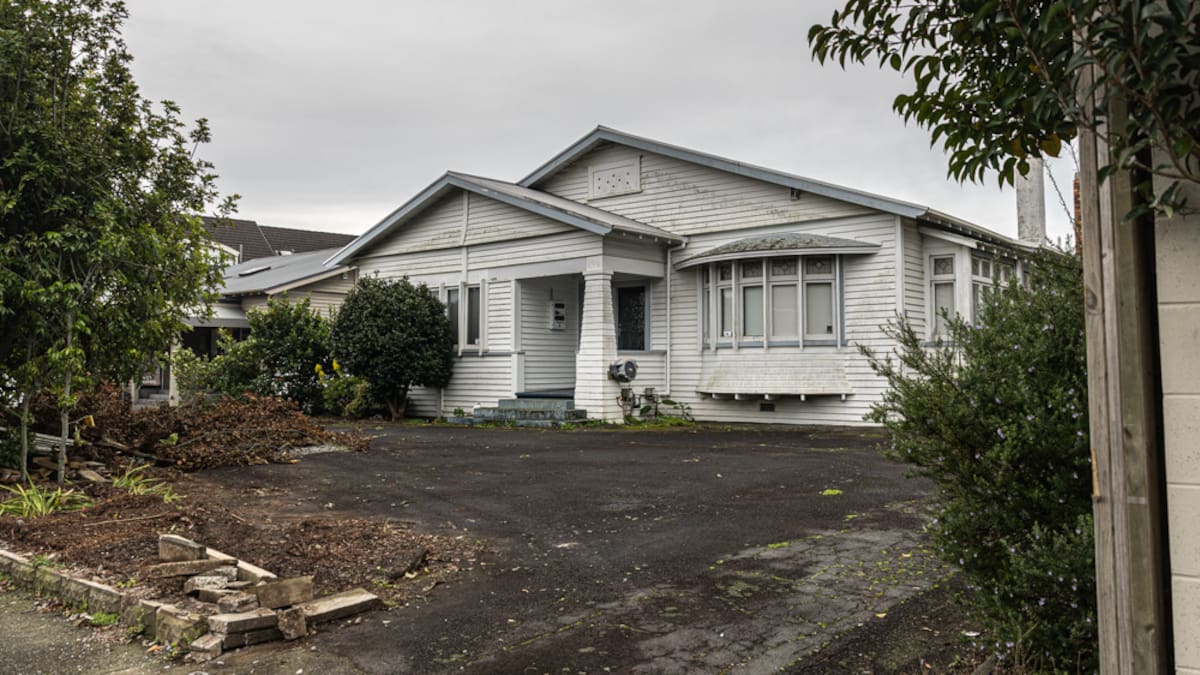The trust still wants a further $89,000 in back rent plus $7000 in court costs from Paton.
The High Court at Auckland’s Justice Simon Mount ruled in favour of the trust, found to be adhering to the terms of its lease with Paton.
In 2012, Paton agreed to lease the residential property.
The next rent review was not for 13 years, in January this year.
Paton was paying $45,000 a year for those 13 years.
But the trust had a registered valuer assess the new rent payable at $202,000 from February 1 this year.
Lawyer Caroline Harris acted for the trust while Paton was self-represented.
Paton had two months to give notice in writing that either he accepted the new rent amount, wished to trigger a rent determination process, or did not wish to renew the lease.
A rent determination process would involve two registered valuers trying to agree, or, failing that, an arbitration process.
Paton did not give notice to Dilworth within the required timeframe and was deemed under the lease to have accepted the rent specified by Dilworth.
Paton did not respond to the trust, which wrote to him in January, enclosing the lease renewal documents.
So in March, Dilworth served him with a notice of intention to cancel the lease. It gave him 15 working days to respond.
By then, he owed $38,000, comprising overdue rent payments for February and March.
Because of the non-payment, Dilworth said it would evict him and served an affidavit on him.
Around the start of April, he paid $3700, but that was well short of the amount owed, the court decision said.

So by late April, Dilworth sought possession of its site and cancellation of the lease.
Paton took no steps to respond to Dilworth’s application, nor did he appear on May 28 when Justice Timothy Brewer said the matter should proceed.
Judge Mount said Dilworth had proved its case: “I cannot identify any reasonable prospect of a defence to the breaches”.
So in his June decision, he cancelled the lease and ordered Paton to pay the outstanding amounts.
To give him time, the judge said Paton must leave by Friday, July 11 – yesterday.
Paton told the Herald he was 86, not in the best of health and did not plan to go.
He had moved one dwelling from the leasehold property to his farm, but did not want to say where his farm was.
“I’m waiting for them to come around and kick me out. I don’t owe them $89,000. If they come around, they will be breaking the law because I have a right to be here.”
He had a right to stay because of how he had taken over the property more than a decade ago, he said.

Peter Alexander, the trust board’s deputy chairman, said the board was working with Paton to provide a grace period for him to leave.
“The High Court order terminating the registered lease, in Dilworth’s view, speaks for itself,” he said.
The lease agreement set out the parties’ obligations. The court determined the situation based on the facts and the obligations documented in the lease, Alexander said.
The trust board is one of New Zealand’s largest charities and provides funding for Dilworth School.
James Dilworth left a £100,000-plus legacy in land and funds in his 1894 will, and that is now a diversified portfolio of investments, the trust says.
“Dilworth Trust Board still invests mostly in property, especially commercial property close to the Auckland campuses. It also holds a number of other investments, including shares, both in New Zealand and overseas.
“The trust board staff manages the property portfolio, while professional fund managers are engaged to manage the non-property investments,” it says.
All revenue generated funds the operating costs of the school and any capital development.
About 5% of the annual operating expense of the school is covered by the government grant provided to all independent schools.
In 2020, Herald journalist Matt Nippert found Dilworth School’s net assets surged by $49 million to reach $957m by January 31, 2000.
The latest annual return summary of activities filed on the Charities Register showed Dilworth Trust had $1.05 billion of assets for the year to December 31, 2024.
Its main activities are funding “a school for disadvantaged boys”.
The $1.02b includes $715m of investment property and $139m of investments with liabilities of only $64m.
The Auckland Council lists the Great South Rd site as a $4.1m property with a 1012sq m land area and a house with a 266sq m floor area.
Anne Gibson has been the Herald‘s property editor for 25 years, written books and covered property extensively here and overseas.





